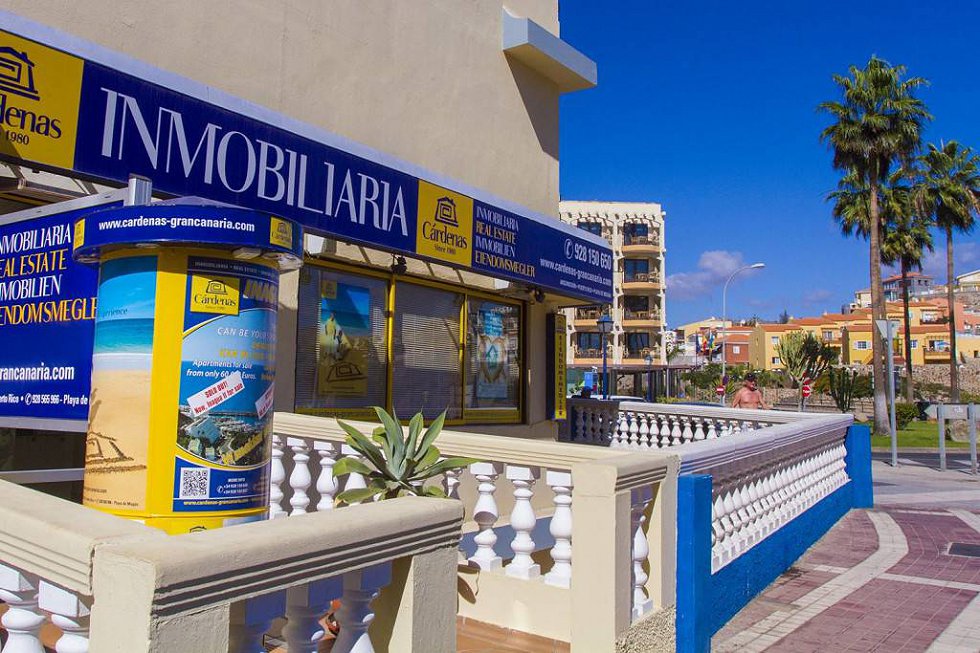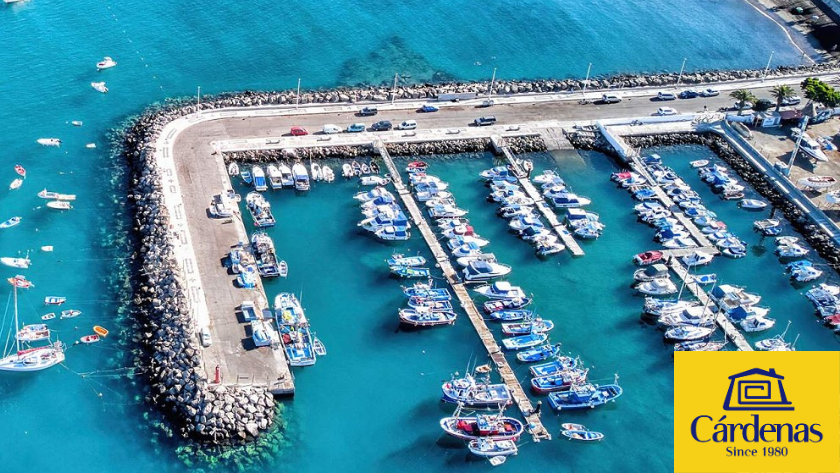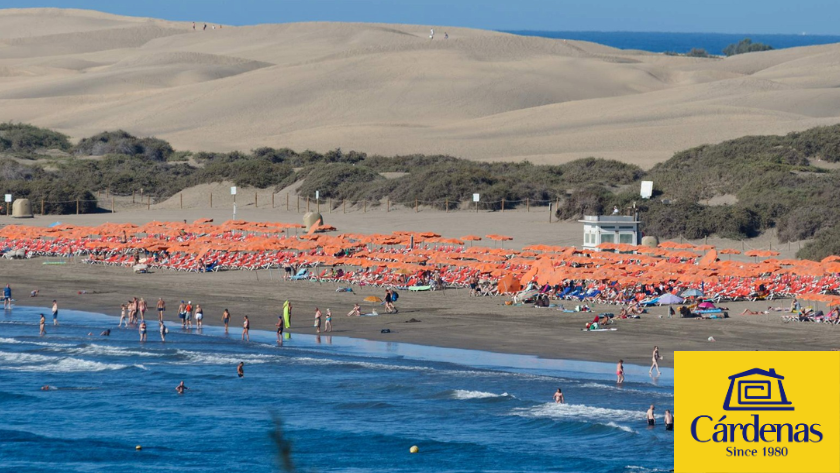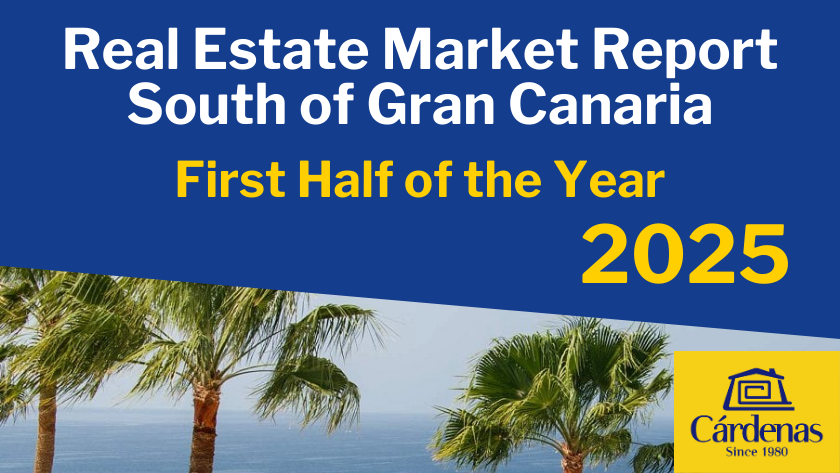The Scandinavian Market in Gran Canaria and the Crisis
Published in Living in Gran Canaria, News
The most important Scandinavian Magazine in Gran Canaria "Dag & Natt" has interviewed the real estate sector about the Scandinavian Market and how the crisis is affecting the sector. One of the most important references in Real Estate in the South of Gran Canaria is Carolina García Chagrin of Cárdenas Real Estate. Please find next the interview to her. You can find the complete article in norwegian in the Dag & Natt Magazine. "1. How large of a percentage of your customers are Scandinavians, and how interesting is the Scandinavian market to you? 2. In what way has the financial crisis affected the real estate market on Gran Canaria? 3. What preferences does an average Scandinavian have when they are buying a house/apartment in the south? 4. What is the price per square meter that a Scandinavian buyer in Gran Canaria should expect to pay to fulfil their dreams of a second home in the south? 5. Can financing be obtained in Spanish banks, or must it be arranged from your home country? Cardenas Real Estate Company was established exactly 30 years ago by Carolina's parents, Antonio G. Cardenas and Rolande Chagrin. After a long career in the hotel industry and a vast knowledge of languages they both had a desire to provide a high quality, honest and respectful working manner to the visitors to Gran Canaria, considering that in those days the legal security that customers have today did not exist. As a result of superb testimonials the clientele increased very fast. Today their daughter Carolina works together with her husband Ramón and her brother Daniel who is a lawyer. She describes the family business as young and dynamic and is proud to announce that they speak Norwegian, Scandinavian, German, French, Italian, English, Hungarian, Russian and Spanish in their offices. At present, Cardenas has offices in Puerto Rico and Playa de Mogán, with a total of 15 employees. Carolina adds that despite the company's growth, new technological investments and generation change, they take pride in having maintained their principal quality, professional service and honesty with their clients. 1. A total of 50% of the properties that we sold last year were purchased by Scandinavians, especially Norwegians. It is therefore considered to be our main market, and we are pleased that the financial crisis has not damaged Norway to the same extent as in many other countries. We do also feel that the market is gaining strength. 2. The financial crisis has affected the prices in a negative way, which gives a negative impact to those who sell and a positive for those who buy. The national market is limited because the banks have large loan restrictions. This leaves us a group of buyers with a strong capital, mostly foreigners. The offers of apartments have increased, because people here are unable to pay their loans, and must therefore sell. In addition, a number of tourist complexes are closing and changing into private complexes, as tourists want to stay in modern hotels or apartments with more facilities. All this has contributed to an over supply in the market that opens up for large price reductions which benefits the buyers. 3. The main criteria’s for our Scandinavian clients are a large terrace with plenty of sun exposure and a nice sea view. It also has great significance that the residence is located in a quiet area with close access to the beach and various local amenities. 4. At present the approximate price per square meter is 3000 Euros in Arguineguin and approximately 2000 Euros in Puerto Rico. 5. Most of our Scandinavian customers organize self-financing in their respective homelands. It is also possible to obtain financing in Spain, but only 60% of the purchase price. To obtain a loan in Spain as a foreigner it requires a relatively large amount of documentation, which makes it easier for most people to arrange a loan from their homeland. Also in Spain to obtain financing from the bank there are costs of approx. 3% (taxes, government fees, etc) which as I understand are not as high in other countries." Article by Dag & Natt, translation by Natalia Ballester & Lucy Evans
































































